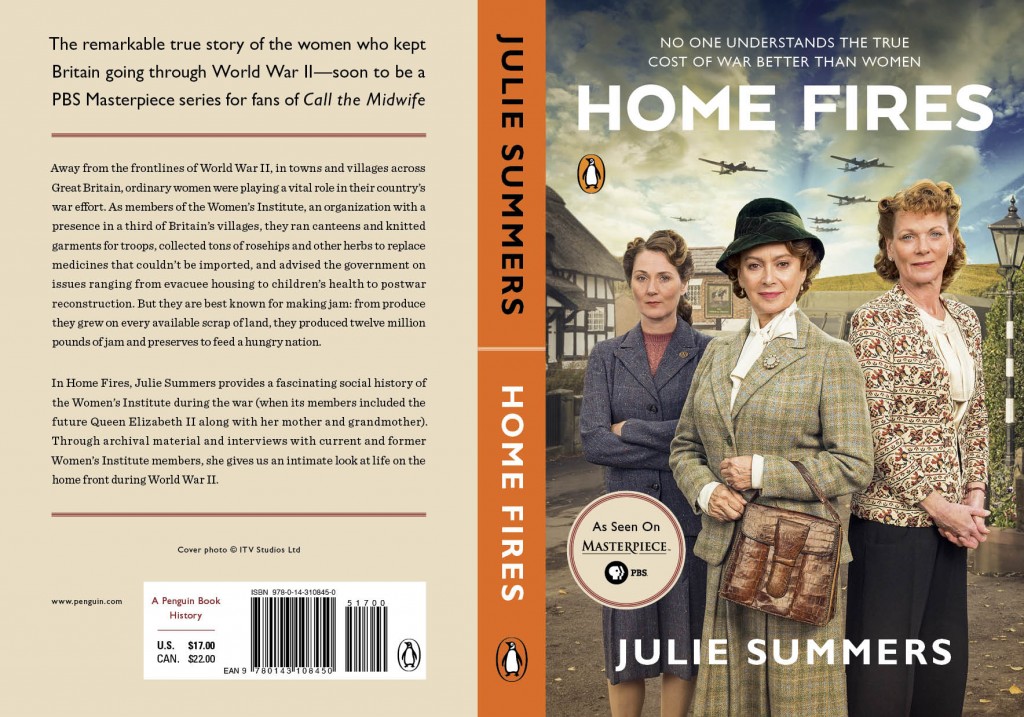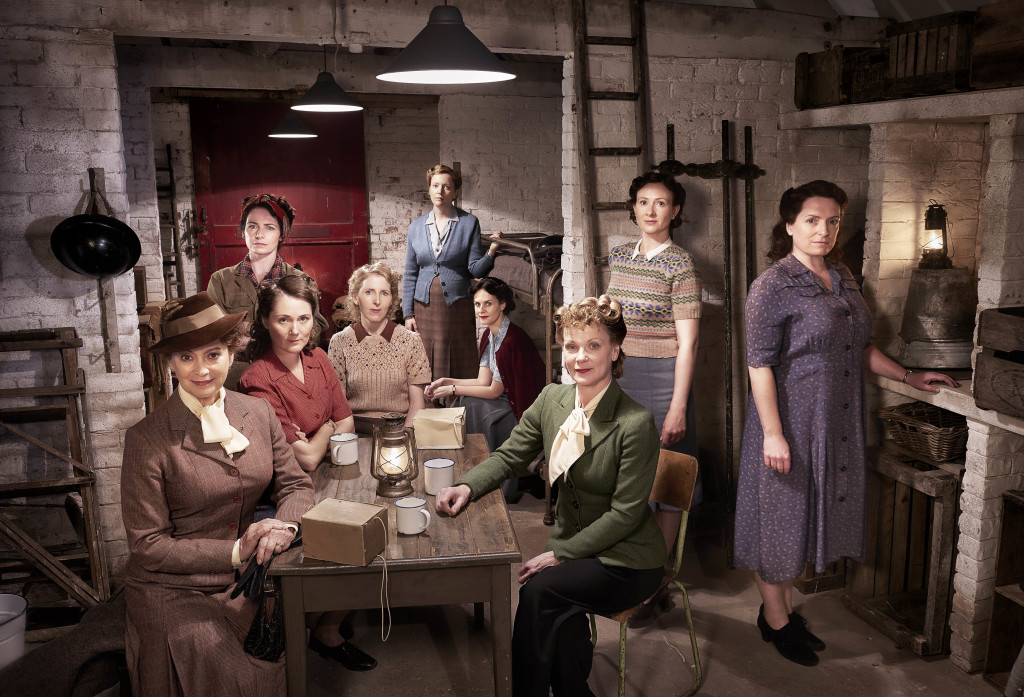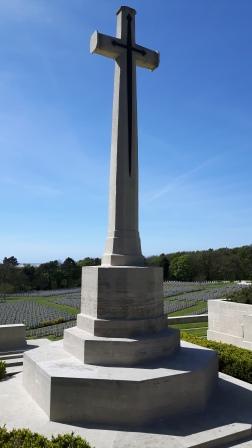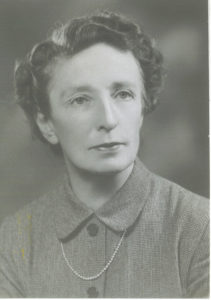As the second season of Home Fires draws to its dramatic close I thought I would concentrate on a question I have spent a great deal of time working on: the true cost of war The cost of the war in human terms. Not numbers of killed or wounded but the impact it had on their families.
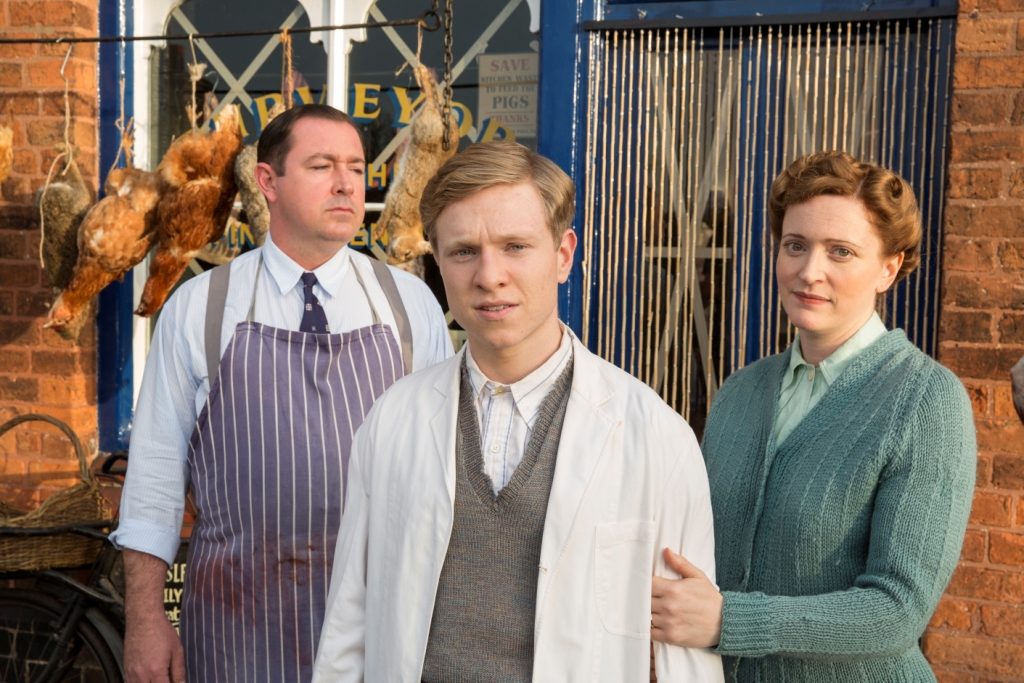
© ITV
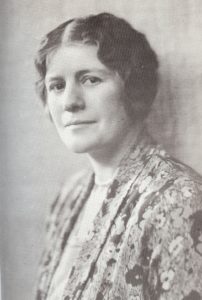
One of the cruellest notifications a family could receive, short of killed, was Missing in Action. This was the fate of the Brindsley family in Home Fires. Miriam refused to believe that David was dead and held onto that hope against all the odds. In Jambusters I told the story of diarist Clara Milburn whose son, Alan, was posted as ‘missing’ after Dunkirk. Her diary entries over the summer of 1940 make haunting reading. In June she wrote: ‘How curious this life is. A sort of deep stillness comes over everything from time to time. There is not much traffic on the roads during the week and the village seems empty in the evenings. One misses the young life everywhere, particularly Alan coming in in the early evening.’ A month later there was still no news of her son: ‘Always one is thinking of him, wondering whether he still lives and if so, whether he is well, where he is, what he does all day, what discomforts he is suffering. If… if… And so the days go by.’ At the end of July she heard that he was a prisoner of war and hugged her husband ‘for sheer joy at the good news’. It was not until October that she received a letter from him, a full nine months after she had last spoken to him over the phone. Alan Milburn returned safely but a very changed man.

For Barbara Cartland the news from France was the same as for Clara Milburn. Both her brothers, Ronald and Tony, were fighting with the British Expeditionary Force. Ronald wrote to his mother just before he went into action: ‘This is just to send you my love and bless you always. Don’t be anxious if there is a long silence from me – the fog of war is pretty impenetrable. We shall win in the end, but there’s horror and tribulation ahead of all of us. We can’t avoid it. What a waste it all is, but after months of desolation we shall gain and retain what you and I have always understood the meaning of – freedom.’ Barbara’s mother, Polly, had lost her husband in 1918 and knew full well the horror of the telegram. It came twice over that hot, dry summer of 1940. Both her sons were ‘missing’. In January 1941 came the terrible news that Ronald had been killed in action on 30 May 1940, hit in the head by a German bullet. Barbara wrote: ‘We had gradually been losing hope of hearing that he was alive – now we knew the truth. My mother was wonderful. “Missing” is the cruellest uncertainty of all, as she well knew, for my father had been missing in 1918; and that ghastly waiting, watching, hoping and praying was hers all over again – not twice, but three times, for Tony was still “missing”.’ Tony Cartland had been killed the day before his brother, hit by a shell. For Polly and Barbara Cartland there was no happy ending to their story.
In Home Fires there are men caught up in the same drama as the Cartland brothers and Alan Milburn. Sarah Collingbourne’s husband, Adam, is missing in France while David Brindsley has miraculously returned from an horrific accident at sea and Bob Simms, wounded at Dunkirk, was sent back to Great Paxford in an ambulance. It is easy to understand why Miriam clung so desperately to her belief that David was still alive and remarkable that he was able to come home.
 Of the vicar’s fate we know little. Ronald Cartland described ‘the fog of war’ meaning there was confusion and chaos as indeed there was. And the pressure on families was immense. My grandfather was taken prisoner on Singapore on 15 February 1942 and the first official notice my grandmother received that her husband was alive but a POW was on Christmas Eve of that year, almost 11 months after he had been captured. For her the fog of war was exceptionally thick. And for her there was the added problem that as he was ‘missing’ he was neither dead, in which case she would have received a war widow’s pension, or alive, in which case he would have received army pay. So for nearly a year she and tens of thousands of other wives received no money.
Of the vicar’s fate we know little. Ronald Cartland described ‘the fog of war’ meaning there was confusion and chaos as indeed there was. And the pressure on families was immense. My grandfather was taken prisoner on Singapore on 15 February 1942 and the first official notice my grandmother received that her husband was alive but a POW was on Christmas Eve of that year, almost 11 months after he had been captured. For her the fog of war was exceptionally thick. And for her there was the added problem that as he was ‘missing’ he was neither dead, in which case she would have received a war widow’s pension, or alive, in which case he would have received army pay. So for nearly a year she and tens of thousands of other wives received no money.
How did they cope? Sometimes firms would make hardship payments to wives of men who had worked with them pre-war but more often than not they had to rely on family support or charities. The oldest military charity in Britain was SSAFA – the Soldiers, Sailors, Airmen and Families Association. It was founded in 1885 to provide lifelong support to serving men, women and veterans from the British Armed Forces and their families or dependents. In the Second World War SSAFA helped hundreds of thousands of families and their support was invaluable then, as it is still today.
So as this second season of Home Fires gives us a powerful finale, it is worth reflecting that there are very real parallels between the experiences of the fictional characters and their historic counterparts. We are going to be left with more questions than answers but then that reflects the true cost of war. Let’s just hope that one day we will get a third season to give us some answers.
